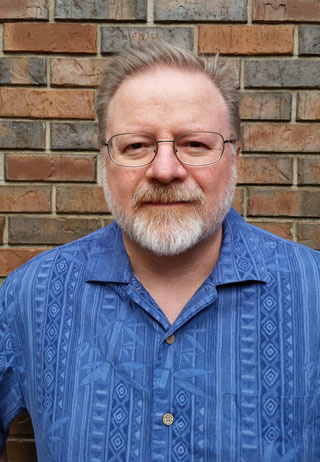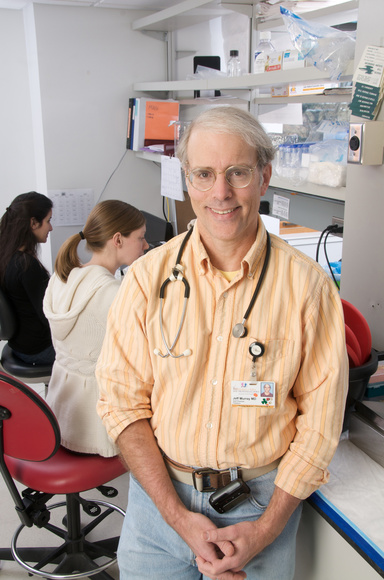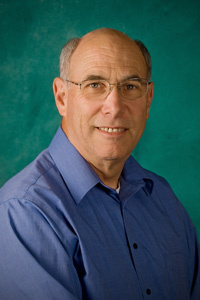Three University of Iowa faculty members have been awarded the distinction of 2014 Fellow of the American Association for the Advancement of Science (AAAS), the world's largest general scientific society and publisher of the journal Science.
They are:

Robert G. Franciscus, professor in the Department of Anthropology, “for distinguished contributions to paleoanthropology, particularly the elucidation of the anatomy and lifestyle of Neanderthals and other extinct forms of Pleistocene and Holocene humankind.”
Franciscus received his doctorate from the University of New Mexico in 1995. His current research focus is on the idea of “self-domestication”as a driving force in facial downsizing in moderns humans, stemming from decreased aggression and increased social tolerance compared to pre-modern “archaic” humans. His work has incorporated wolf, dog, and Russian Siberian fox skeletal comparisons with that of fossil humans.

Jeffrey C. Murray, a professor in the Stead Family Department of Pediatrics, and a professor of epidemiology, nursing, dentistry, and biological sciences, "for distinguished contributions to the fields of genetics and medical genetics, particularly discoveries in cleft lip and palate and early term birth."
Murray received a medical degree from the Tufts Medical School in Boston, Massachusetts, and joined the UI in 1984. His lab focuses on identifying genetic and environmental causes of complex diseases specifically premature birth and birth defects such as cleft lip and palate.
His interdisciplinary work on epidemiologic factors associated with craniofacial anomalies or preterm birth involves collaboration with scientists in Argentina, Brazil, the Philippines, Thailand, India, Denmark, Norway, and Japan, and aims to provide prevention and better treatment for children with complications due to prematurity or birth defects. Murray is the immediate past president of the American Society of Human Genetics and now serves as a deputy director in the Discovery and Translational Sciences group for the Bill and Melinda Gates Foundation.

Peter A. Rubenstein, professor of biochemistry, internal medicine, and pediatrics at the UI Carver College of Medicine, "for distinguished contributions to the fields of actin cytoskeletal biochemistry and cell biology and to innovations in the teaching of basic science in medical education."
Rubenstein received his doctorate in biochemistry and molecular biology from Harvard University and joined the UI faculty in 1977. His research focuses on the factors that determine function of the structural protein actin in muscle and nonmuscle cells. Rubenstein also is a nationally known educator whose innovative teaching methods include Case-Based Learning and a number of songs about metabolic dysfunctions. In 2013, he received the President and Provost Award for Teaching Excellence from the Council on Teaching.
The UI Fellows are among 401 individuals elected this year by peers. AAAS members are elevated to the rank of "Fellow" because their efforts to advance science or its applications are deemed scientifically or socially distinguished. The new Fellows will be presented with an official certificate and a rosette pin on Saturday, February 14, 2015, during the AAAS Annual Meeting in San Jose, California.
The nonprofit AAAS was founded in 1848 and includes 254 affiliated societies and academies of science, serving 10 million individuals. Its journal, Science, has the largest paid circulation of any peer-reviewed general science journal in the world, with an estimated total readership of one million.